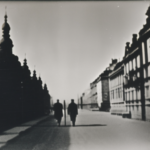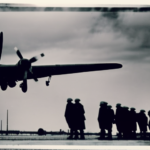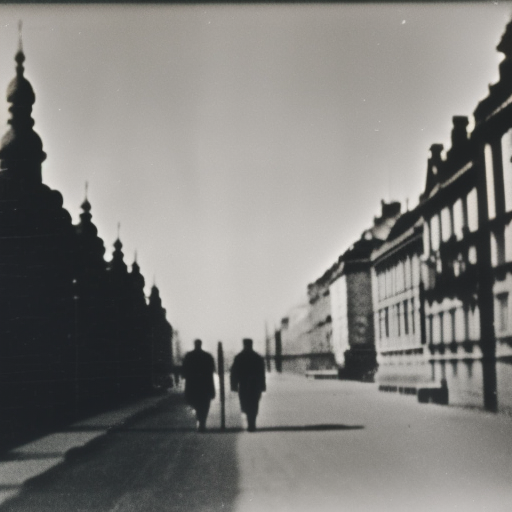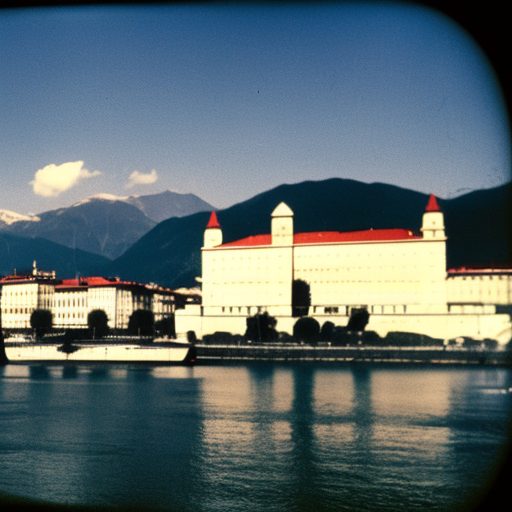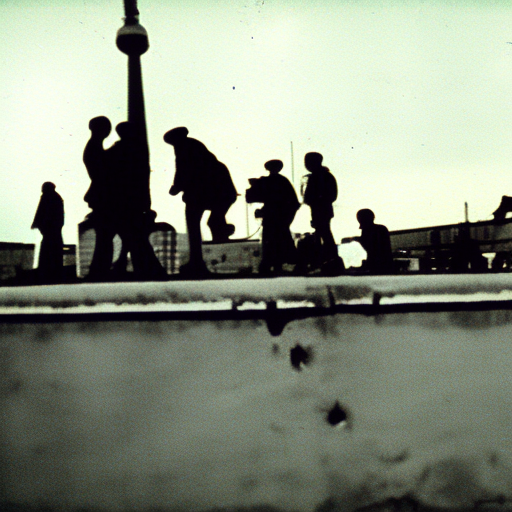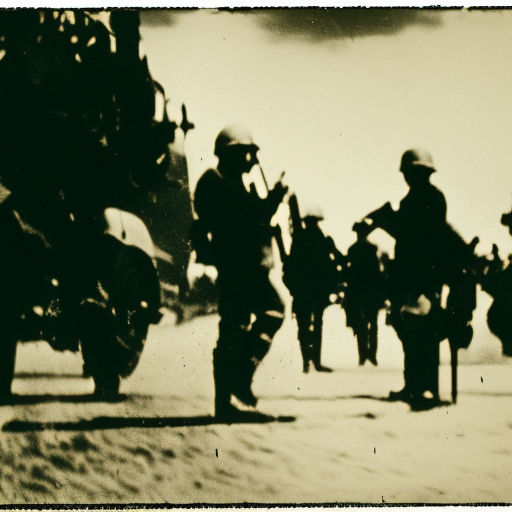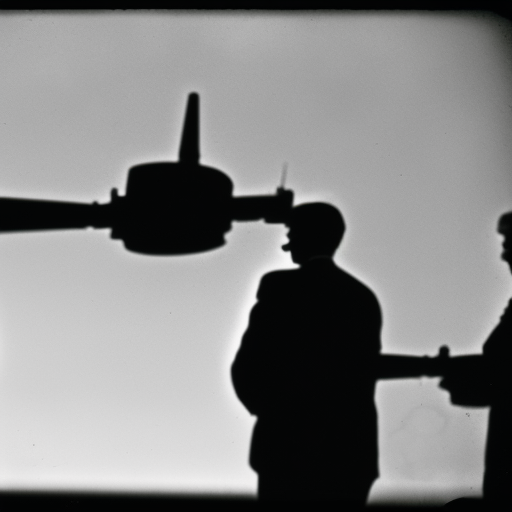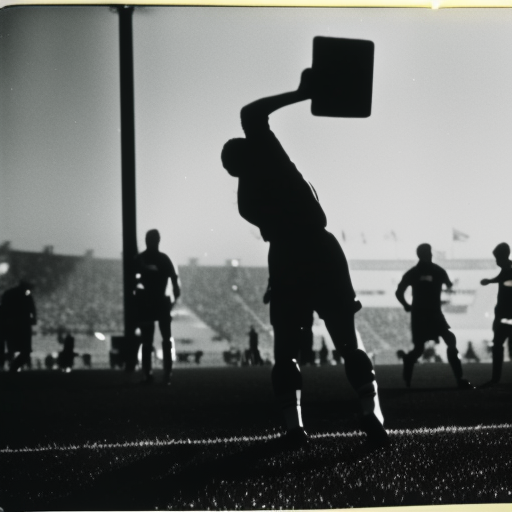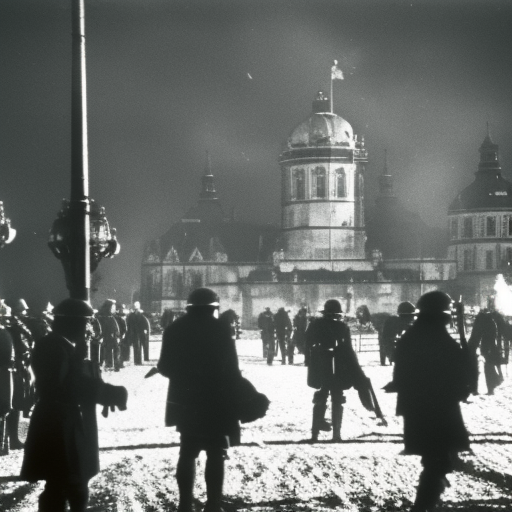The Molotov-Ribbentrop Pact was a non-aggression treaty between Nazi Germany and the Soviet Union that allowed both countries to divide Eastern Europe and set the stage for World War II.
The Locarno Treaties (1925) Explained
The Locarno Treaties were a series of agreements signed in 1925 aimed at ensuring peace and resolving territorial disputes in Europe after World War I.
All the Light We Cannot See Summary
‘All the Light We Cannot See’ is a Pulitzer Prize-winning novel that tells the story of a blind French girl and a German boy whose paths collide during World War II.
Second Phase Offensive Explained
The Second Phase Offensive was a military campaign during World War I that aimed to break the stalemate on the Western Front.
Berlin Blockade Explained
The Berlin Blockade was a Soviet attempt to isolate West Berlin by cutting off all land and water access, leading to a massive airlift operation by the Western Allies to supply the city.
Western Allied invasion of Germany Explained
The Western Allied invasion of Germany marked the final phase of World War II in Europe, leading to the defeat of Nazi Germany.
Potsdam Conference Explained
The Potsdam Conference was a meeting held in 1945 between the leaders of the Allied powers to discuss the post-World War II settlement and the division of Germany.
1974 FIFA World Cup Explained
The 1974 FIFA World Cup was a global football tournament held in West Germany, won by the host nation.
Battle of Leipzig Explained
The Battle of Leipzig was a decisive conflict in the Napoleonic Wars, resulting in a coalition victory and the weakening of Napoleon’s hold on Europe.



